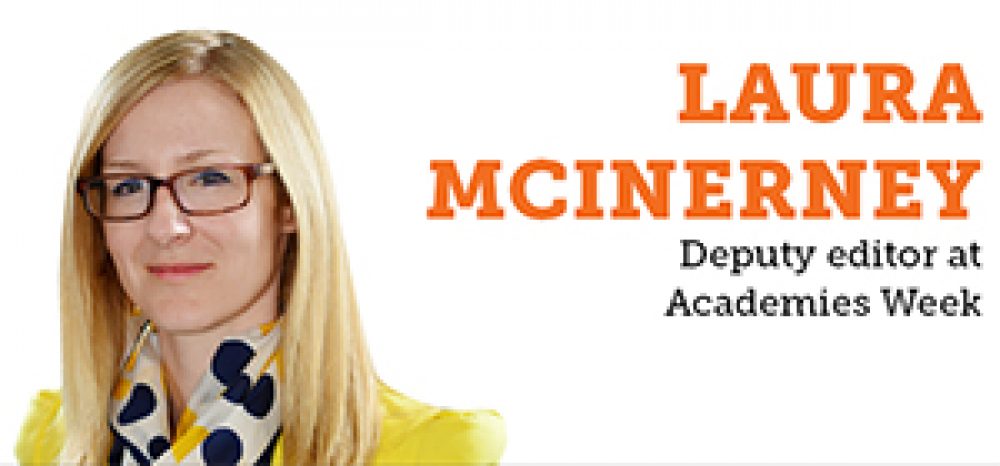Last week, as many teachers sweated through their first day back in the classroom, education secretary Nicky Morgan dropped a bombshell. Or did she?
The furore kicked off when the Guardian’s Patrick Wintour released an article beginning with the phrase:“Compulsory setting according to ability in England’s secondary schools is to be proposed by the education secretary, Nick Morgan, in her first big initiative since she took the role in July. She is due to make the announcement as early as today.”
A social media campaign alerted many educators that Ms Morgan was due to take part in a live webchat at 5.30pm. Rumours also spread that she was due appear in a BBC news interview in the evening.
That Wintour’s piece never specifically said the announcement would be that day, social networks were soon alive with the voices of angry teachers questioning the sense of such a prescriptive policy.
During a Commons Debate on class sizes, Ms Morgan was asked about the announcement and stated that there was “absolutely no truth in those rumours” and said those speculating about what she might or might not announce would be “better served if they spent less time on Twitter and talking to journalists”.
At this point the media changed tack. “Secondary schools would be required to teach pupils in sets according to ability under plans being considered by the Tories,” wrote Laura Clarke in the Daily Mail.
This suggested the policy was no longer to be a government announcement, but a party political one – possibly as a precursor to the upcoming party conference season.
Building on the story for the Telegraph, Graeme Paton further noted that crucial details were missing from the policy: “It is unclear whether the reform would be applied to all subjects or just the disciplines of maths and English.”
Limiting setting to core subjects, however, may be a fairly pointless activity suggested Chris Cook at the BBC.
Using OECD statistics, Mr Cook demonstrated that only 6% of English schools said they did already not set children by abilities in maths.
Despite the research and teacher anger, it is still possible setting will re-emerge
By comparison, schools in high-performing countries – such as Japan and South Korea – are evenly split between those who set and those who do not.
The policy is not unprecedented.
In 2005, Labour education secretary Ruth Kelly unveiled a White Paper calling for more “personalised learning” in which the top 5 per cent of students would receive masterclasses from lecturers whereas those struggling would receive 1:1 tuition.
“Personalisation” was certainly a nicer way of describing setting but howls were nevertheless heard far and wide among the profession. The incessant complaints plus huge funding costs and Kelly’s short time in office meant little came of it all.
As Patrick Wintour noted in the Guardian, the government has commissioned research into the effectiveness of setting. But the results won’t be due for at least three and a half years.
In the meantime, the current research picture is mixed.
For now, however, timetablers can breathe easy. Chris Husbands, director of the Institute of Education, raised issues such as the tendency for summer-born children to be assigned into lower sets and the fact that timetabling constraints often meant schools simply couldn’t set by ability across all subjects.
Speaking at the researchED 2014 conference in London last Saturday, emeritus professor Dylan Wiliam said research showed “that ability groupings results in gains for highest achievements at the expense of losses for the lowest. And typically the losses for the lowest achievers is slightly more than for the highest achievers, so the net effect is to slightly lower student achievement.”
Despite the research and teacher anger, it is still possible setting will re-emerge as a Conservative manifesto pledge as a way of dampening the popularity of UKIP’s promise to bring back grammar schools, and as a way of capturing a middle-class group convinced their children would be placed in the high ability group.
For now, however, timetablers can breathe easy. Enforced setting is only likely to happen after a general election; if it happens at all.
Laura McInerney is now Editor of Schools Week (formerly Academies Week)







“Personalisation” was certainly a nicer way of describing setting….
Incorrect understanding of ‘personalisation’ Laura.